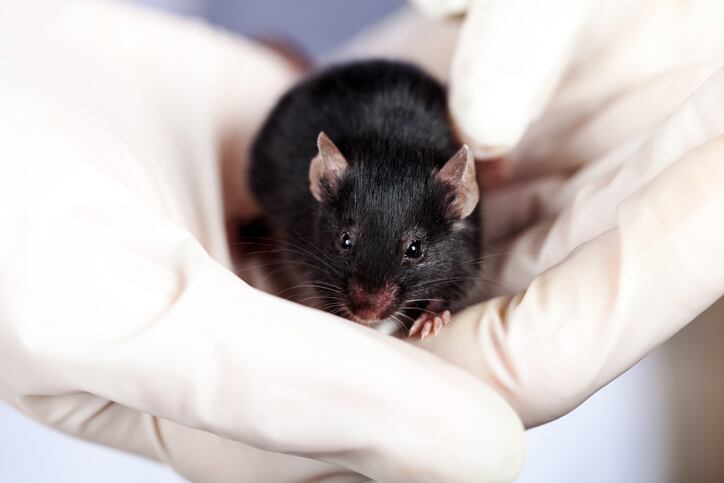Givaudan and BASF are working with the IIVS to validate an improved skin sensitization reactivity method to address the needs of toxicologists and regulators.
The test they are working on is called the Kinetic Direct Peptide Reactivity Assay (Kinetic DPRA). It aims to be a non-animal test to predict allergic reactions in the skin (known as skin sensitization).
It is a next level test, according to the parties involved, meaning non-animal testing methods can now become much more sophisticated.
“Three other non-animal sensitizer tests have been internationally accepted,” they explain. “However, the Kinetic DPRA has the potential to go beyond a yes/no answer and predict the potency of a sensitizer, which is required by some regulatory agencies. Until now the only way to predict potency classifications was through animal testing.”
Other participating laboratories include The Procter & Gamble Company (developer of the original DPRA), Charles River and the Czech National Institute of Public health.
Aiming for release in 2019
The validation project, designed by BASF and Givaudan, will be conducted over the course of 2018, the companies say.
If they achieve a successful outcome, the test will be submitted to the Organization for Economic Cooperation and Development (OECD) in 2019.
Dr. Robert Landsiedel, Vice President, Experimental Toxicology and Ecology, BASF, says: ”Once validated, we hope that the Kinetic DPRA will obviate the need for further animal testing to determine potency of chemicals. We are pleased that IIVS is joining our efforts to prove the validity of the method.”
Dr. Andreas Natsch, Head of in vitro molecular screening at Givaudan, confirms: “Assessing potency of skin sensitizers is an essential step in risk assessment to determine safe use levels, and we have shown that kinetic data are key for this.”



